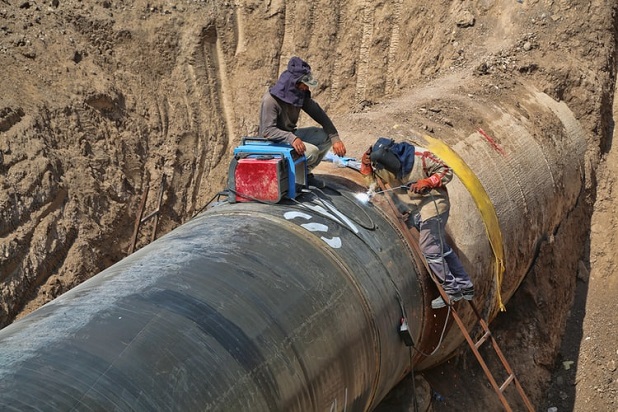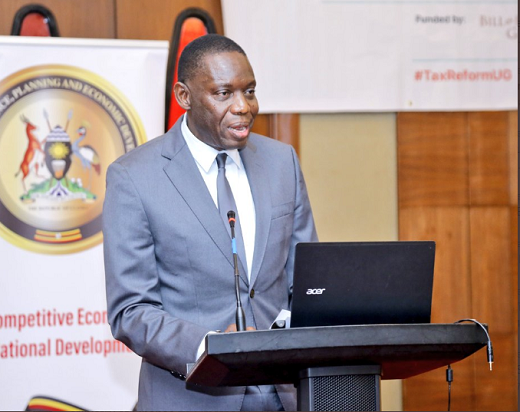Ugandan Parliament has castigated legislators of the European Parliament for passing a resolution ordering both Uganda and Tanzania not to construct the East African Oil Pipeline, comparing the resolution to economic sabotage intended to condemn Uganda to financial slavery through borrowing externally.
MPs’ remarks were in response to a resolution by the Brussels based Parliament, where EU legislators expressed grave concerns about the human rights violations in Uganda and Tanzania including; the wrongful imprisonment of human rights defenders, the arbitrary suspension of NGOs, arbitrary prison sentences and the eviction of hundreds of people from their land without fair and adequate compensation.
Deputy Speaker, Thomas Tayebwa described the resolution as the highest level of neo-colonialism, wondering why Africa is being ordered to slowdown on production of fossil energies yet European Union has increased production of fossil energies and Africa that accounts for 20% world population and responsible for 3% global emissions, while the European Union bloc that accounts for 10% of the global population and responsible for 20% of global emissions isn’t doing the same.
“It represents the highest level on neo-colonialism, and imperialism against the sovereignty of Uganda and Tanzania. The resolution seeks to curtail against Uganda’s progress of oil and gas development and by extension of Uganda’s socio-economic development, this represents the highest form of economic sabotage,” said Deputy Speaker.
Asuman Basalirwa (Bugiri Municipality) asked the Executive to summon the European Union Ambassador to Uganda, Jan Sadek to explain to government if there is information the bloc is aware of, that isn’t in the knowledge of Uganda.
He said: “I want to propose that the Executive summon the European Union Ambassador and formally expresses the concerns of this house because I don’t want us to appear like we want to go into unnecessary battle and understand them. it is the companies from some of those companies that are engaged in oil exploration.”
Silas Aogon (Kumi County) expressed dismay that another Parliament somewhere would take such a decision arguing that by the time Uganda reached at the Final Investment Decision stage, all the environmental concerns had been take care of.
Soy County’s Fadhil Chemaswet wondered the basis upon which European Union would interfere in matters of Uganda and Tanzania, yet the two nations aren’t members of the European Union Parliament, but rather East African Legislative Assembly.
“Uganda isn’t part of the European Parliament, if it was EALA discussing this, then we would be thinking about this then we would be thinking about this, we don’t need to even bother ourselves with them, they are nothing to us. We defeated them in 1962 when we got our independence, so we don’t need to bother ourselves with them,” he said.
Although it is worth noting that both Uganda and Tanzania were colonized by Britain, and England is no longer a member of the European Union, having left the block in January 2020, following the 2016 BREXIT referendum.
John Teira (Bugabula North) described the EU Lawmakers who participated in the resolution as overzealous remarking, “It is also on record that our colleagues are overzealous, there is nothing to fear when it comes to environmental issues and we know well that several cities in Europe are built on the sweat and blood of Africans people. This is the time for us to also elevate ourselves from the neo-colonial status.”
Initially priced at US$3.5Bn, the price of the underground electrically heated pipeline’s cost rose to US$5Bn whose construction is expected to stretch from near Lake Albert in Hoima District, oilfields to the port of Tanga in Tanzania where the oil will then be sold onwards to world markets.
While the Ugandan pipeline sections stretches for 296km in 10 districts, the Tanzanian section runs for 1,147km through 25 districts bringing total length of EACOP to 1,443km.
John Mulimba (State Minister for Regional Affairs) revealed that Government will study the resolution and give a valid response to the European Union.





